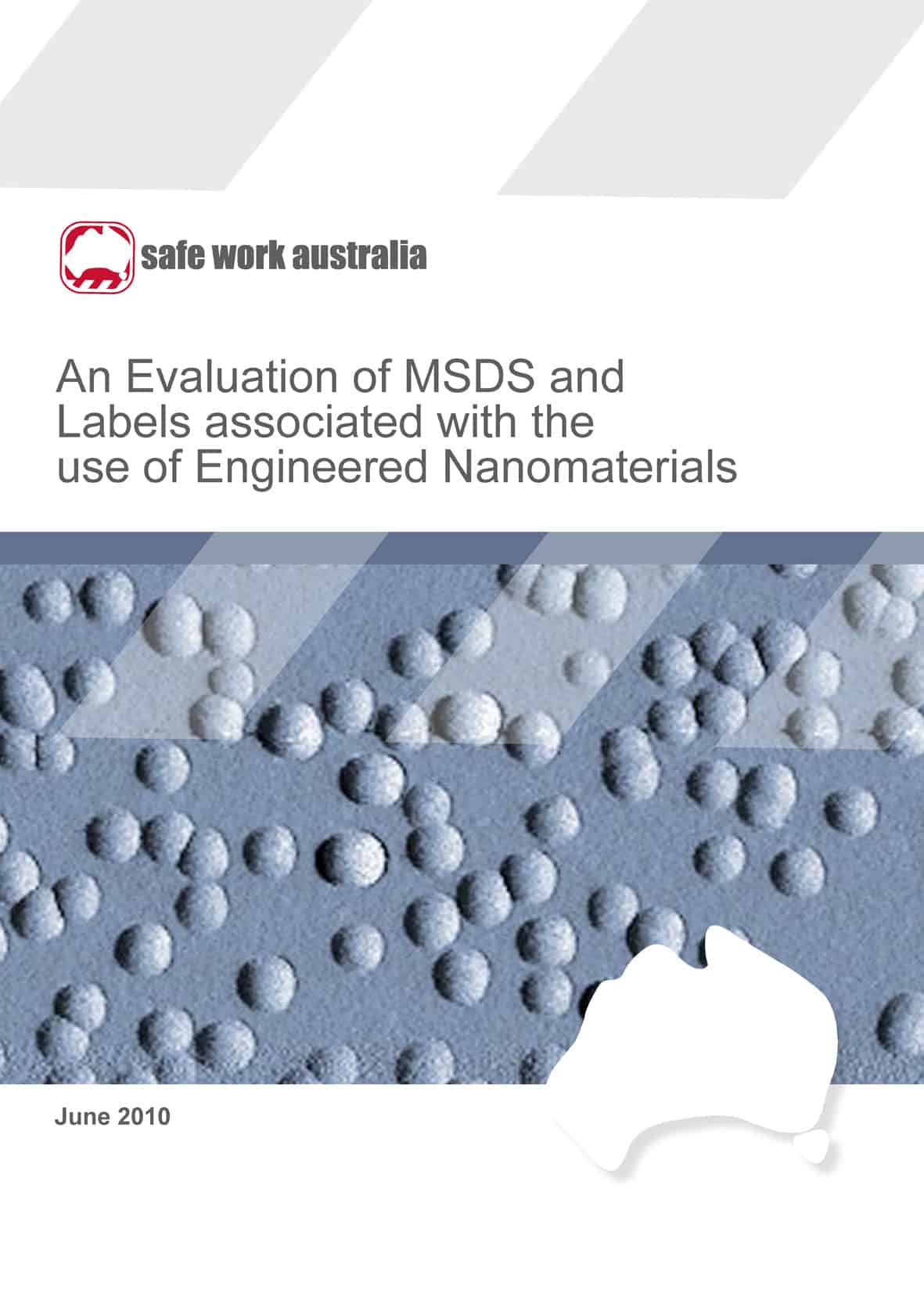The European Agency for Occupational Safety & Health at Work has released its Annual Report for 2009/10. Most of the content should be familiar to those who follow EU-OSHA through their blogs and publications but it provides a good indication of the future of OHS in Europe and the methods that will applied in that future.

One significant achievement of EU-OSHA is its anticipation of workplace hazards. Few OHS regulators and agencies have had the resources or will to forecast the next set of hazards. The nature of regulators has been reactive possibly because they remain largely uncertain of how to step beyond the factory fence to acknowledge OHS as a broad social element and, after decades of compartmentalising safety and health to the workplace, to try to catch up with the spread of new varieties of workplaces. Continue reading “Safety professionals and regulators must think more broadly and for the future”

 According to Hackitt’s media statement she advised
According to Hackitt’s media statement she advised
